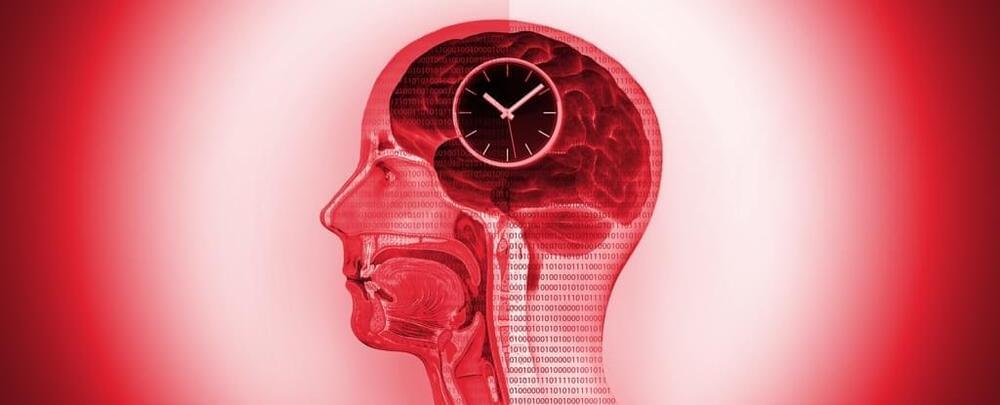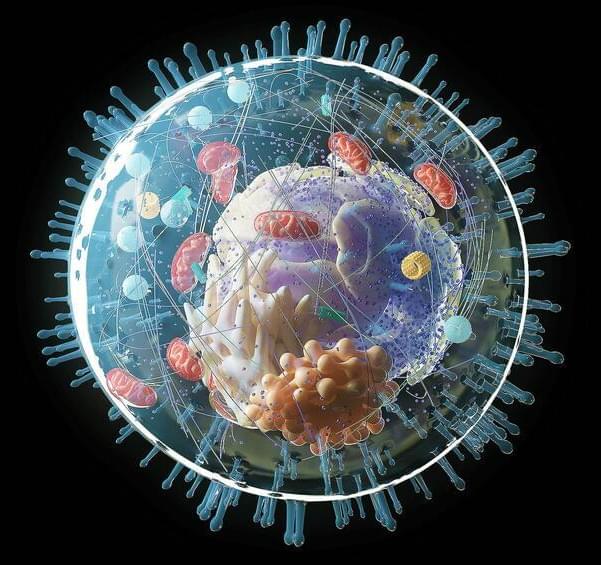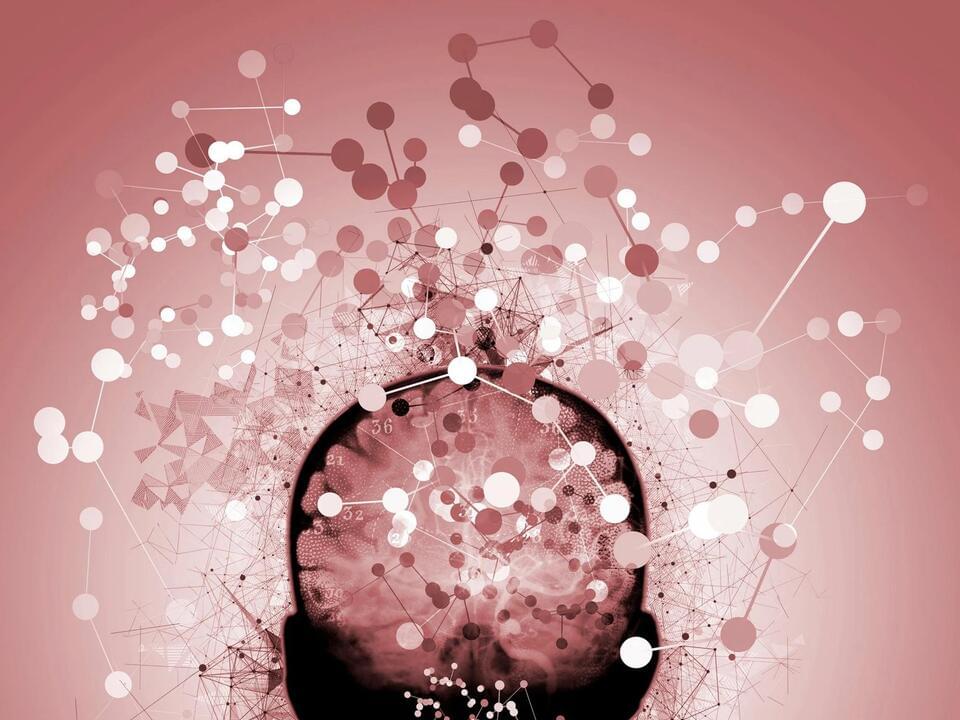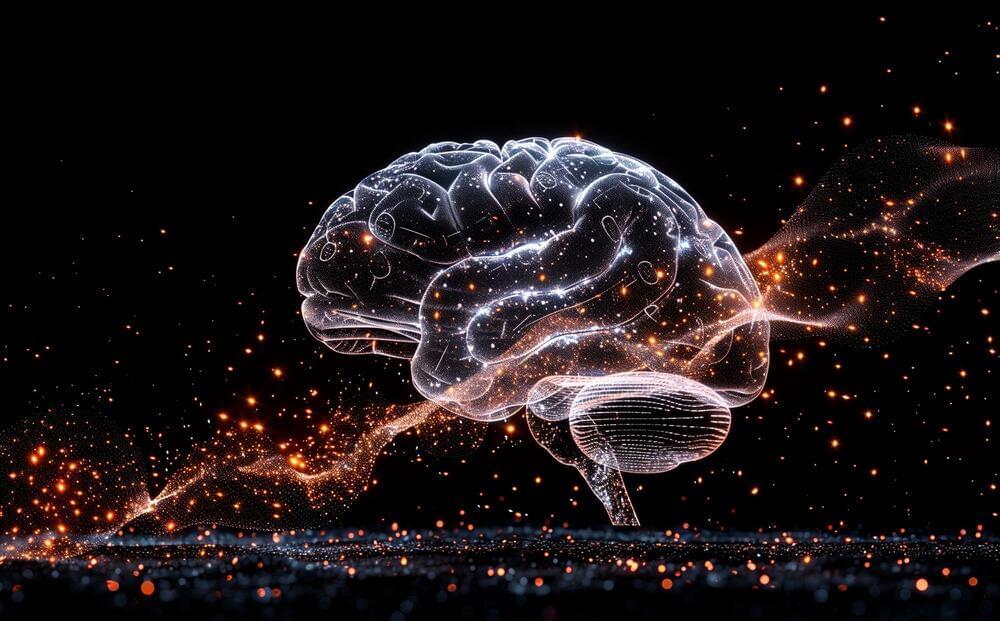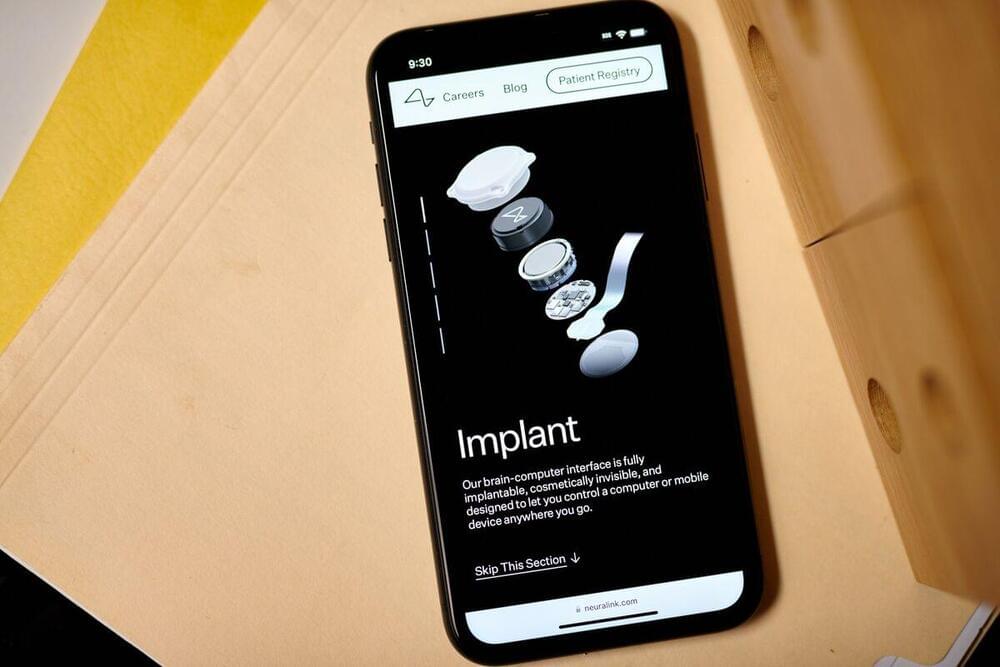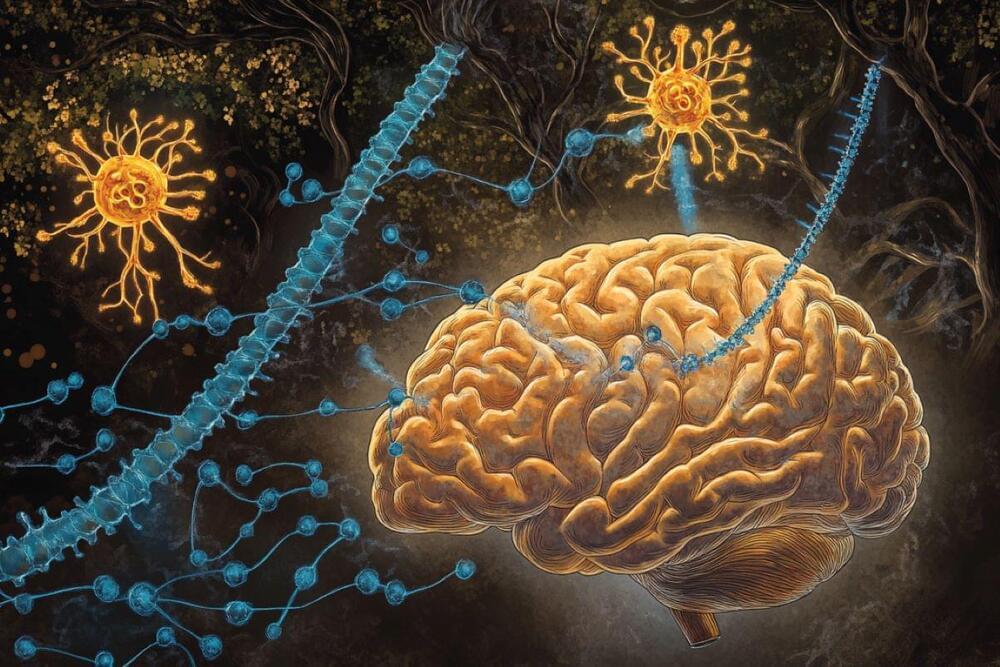Scientists looking to tackle our ongoing obesity crisis have made an important discovery: Intermittent calorie restriction leads to significant changes both in the gut and the brain, which may open up new options for maintaining a healthy weight.
Researchers from China studied 25 volunteers classed as obese over a period of 62 days, during which they took part in an intermittent energy restriction (IER) program – a regime that involves careful control of calorie intake and relative fasting on some days.
Not only did the participants in the study lose weight – 7.6 kilograms (16.8 pounds) or 7.8 percent of their body weight on average – there was also evidence of shifts in the activity of obesity-related regions of the brain, and in the make-up of gut bacteria.
